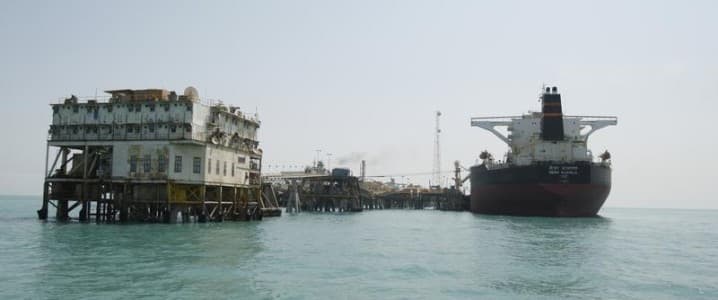Iraq has quietly stepped in to keep one of its most important oilfields from wobbling. After two months of unpaid wages at Lukoil’s West Qurna-2, Baghdad has begun paying local staff directly, advancing December salaries to prevent a slowdown at a field that supplies roughly 0.5% of global oil and nearly a tenth of Iraq’s output—production that Iraq cannot replace from elsewhere.
This is the first visible stress fracture in West Qurna-2 since Washington’s October 22 sanctions froze Lukoil’s ability to move money across borders. Previously, Lukoil wired salaries from abroad every month. Once sanctions hit, the transfers stopped, tensions rose, and the threat became obvious: if workers walked, 460,000–480,000 barrels a day of oil production would be at risk.
But Baghdad has no appetite for that scenario. The country’s export system is running flat out, and its other fields are incapable of absorbing a sudden drop without disrupting state revenues. It should come as no surprise, then, that the government decided to act as an emergency paymaster. Not for Lukoil, but for self-preservation.
This intervention lands just weeks after Lukoil declared force majeure at the same field, after Iraq halted all cash and crude settlements tied to the sanctioned firm. It also comes as Baghdad seeks a six-month U.S. waiver so Lukoil can finalize a sale of its 75% stake—an exit that U.S. and EU officials privately view as a sanctions win and a strategic rollback of Russian influence in Iraq’s oil sector.
The trouble is, West Qurna-2 isn’t plug-and-play. Iraqi officials admit the field is too complex for state companies to absorb. Baghdad is vetting at least three potential buyers—one Chinese, two Western—with Washington signaling it will block any transaction that strengthens Moscow’s position or exploits the sanctions loophole.
Until a buyer emerges and a waiver is granted, Iraq is effectively babysitting a Russian megaproject to keep global supply steady. It’s an awkward arrangement: Russia’s stake is frozen, the U.S. is calling the shots, Iraq is covering payroll, and 480,000 barrels a day hang in the balance.
By Julianne Geiger for Oilprice.com
More Top Reads From Oilprice.com

